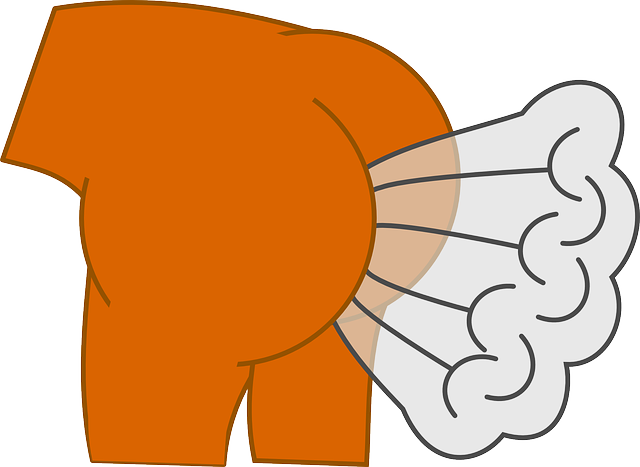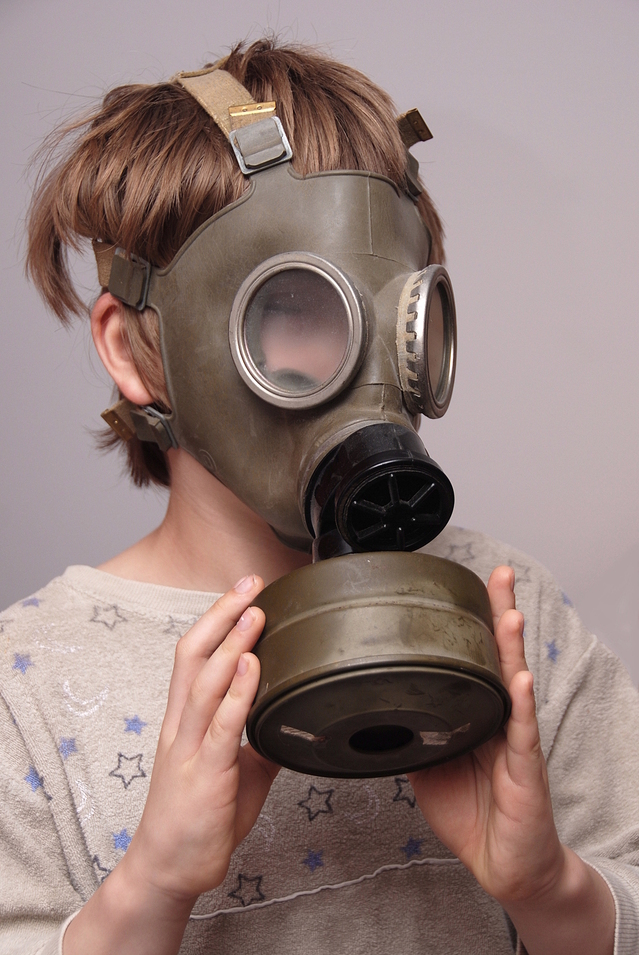Everyone suffers from foul emissions at one time or another. Usually it’s blamed on something that was eaten the day earlier…some beans, onions, or broccoli. But what about when bad flatulence is a constant problem? One common complaint I hear from patients is about “bad gas all the time.” Sometimes the problem is further described as “rancid farts” or “horrible gas”, to clearly differentiate between the common fart which is mostly just wind, and the kind of noxious sulfur fumes that could peel paint off the wall.
Horrible rancid gas is best attacked on multiple fronts. It is no surprise that diet plays a very strong role in the amount and character of the gas that one expels. While it’s true that you are what you eat, you also fart what you eat…therefore cleaning up the diet is the first thing that is recommended to the patient with bad gas. It even seems that what you eat has the power to quickly alter the intestinal microbiome, causing rapid changes in the colonic bacterial population and causing even more gas than can be explained by the food breakdown products alone!
But what about when changing the diet doesn’t help? There are several conditions that we gastroenterologists look for in the patient with gas that smells like rotting sewage: Many disorders that can cause malabsorption, inflammation, and bowel blockages will cause rancid gas as a symptom. So you’ve seen a gastroenterologist already, and you don’t have ulcerative colitis, or celiac disease, or an obstructed colon from a tumor or stricture? Well that’s great news, but what about all the gas? Now what?
Something that I have noticed in my practice is the strong association between constipation and foul gas. In fact, I rarely meet a patient that suffers from excessive flatulence but moves his or her bowels regularly and completely. My theory is that all that stool sitting around in the colon is both preventing the natural clearance of normal intestinal gas from happening, while also causing foul-smelling gas directly due to the action of colonic bacteria decomposing the intestinal contents and releasing fumes…kind of like what happens in a septic tank.
So how do we prevent our colon from acting like a cesspool? Keep things moving by eating plenty of non-gaseous fiber, drinking lots of water, getting regular exercise, and pooping regularly. But what if you’re doing all of those things and still suffering from constipation and foul gas? Then it’s time to visit your GI doctor to talk about checking for other issues, and to discuss taking something to help you go more regularly!



dave
May 13, 2019 at 5:23 PM
I have seen my gi doc and he will not believe me that I have gas that will not only peel paint but it will take the walls down .the only thing my gi docs trust is their stupid test that don’t prove any thing so what do I do.